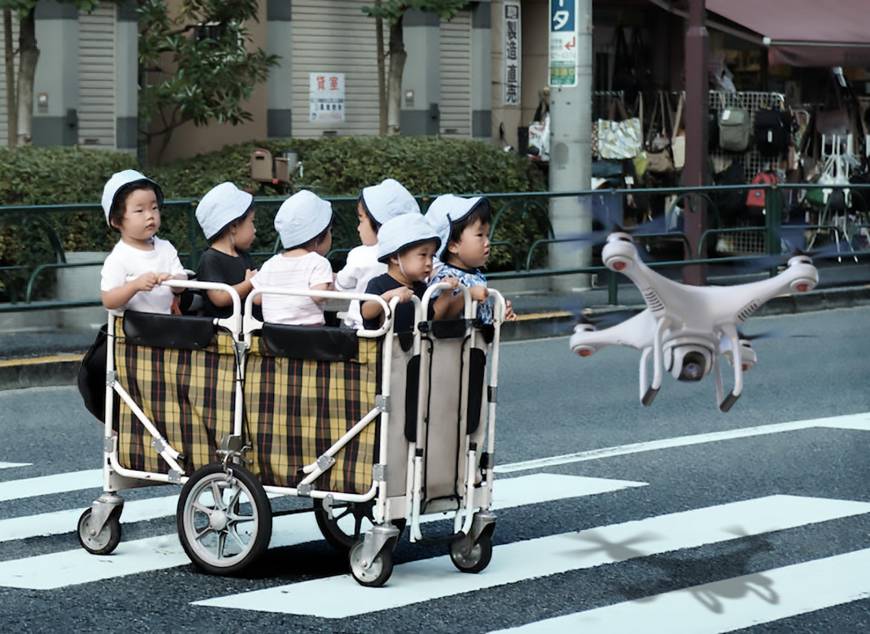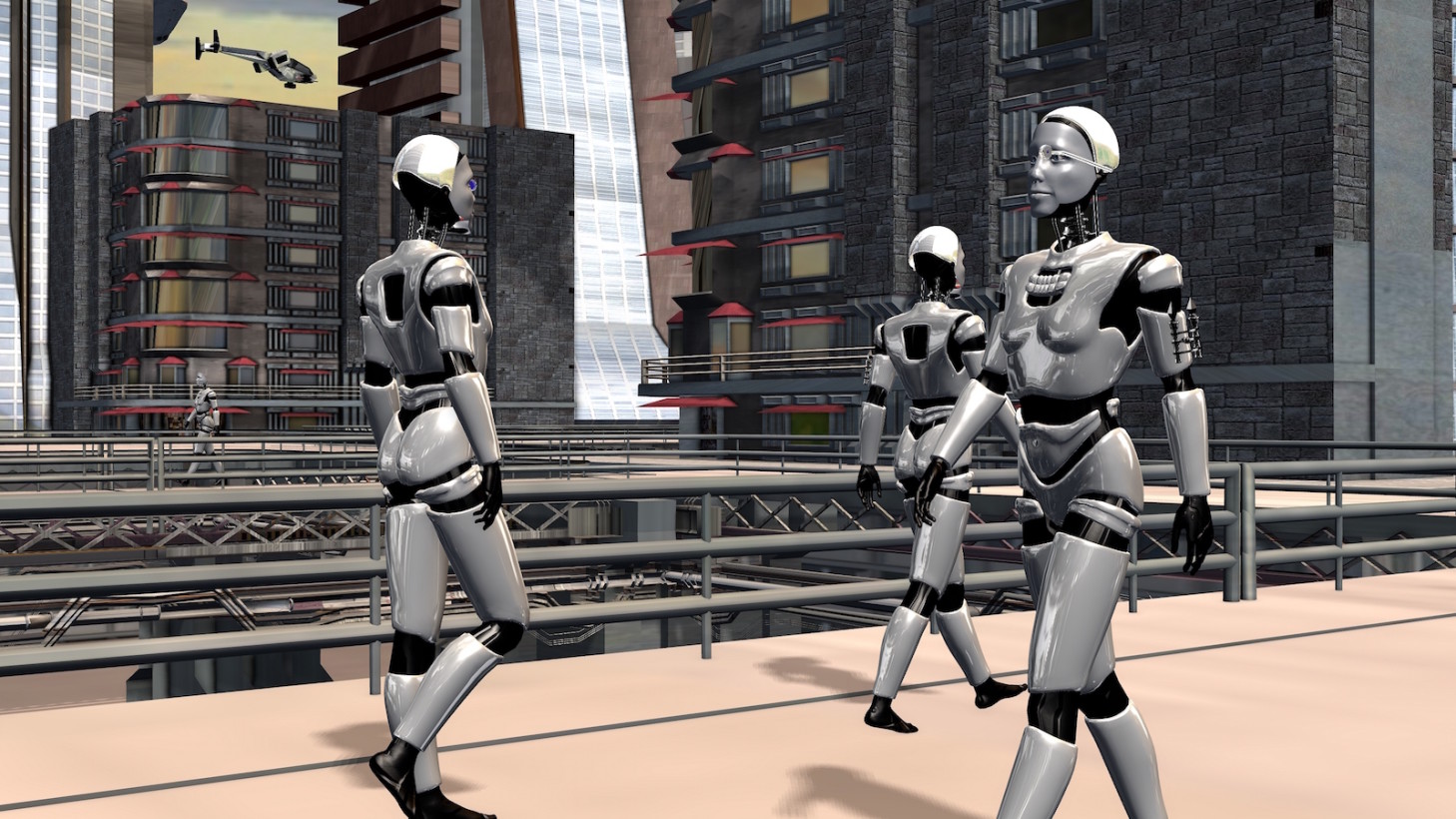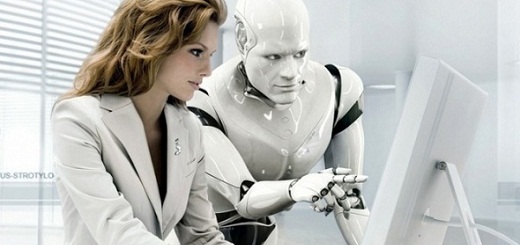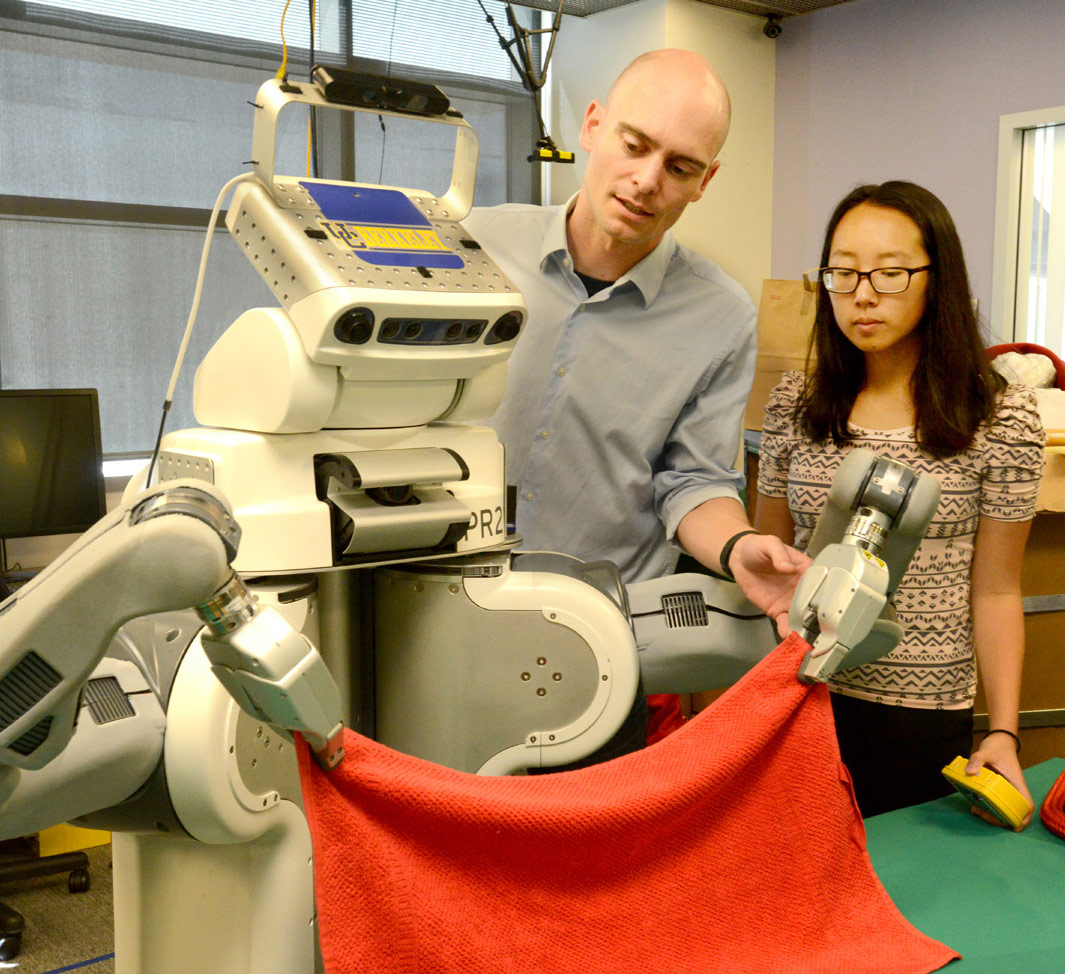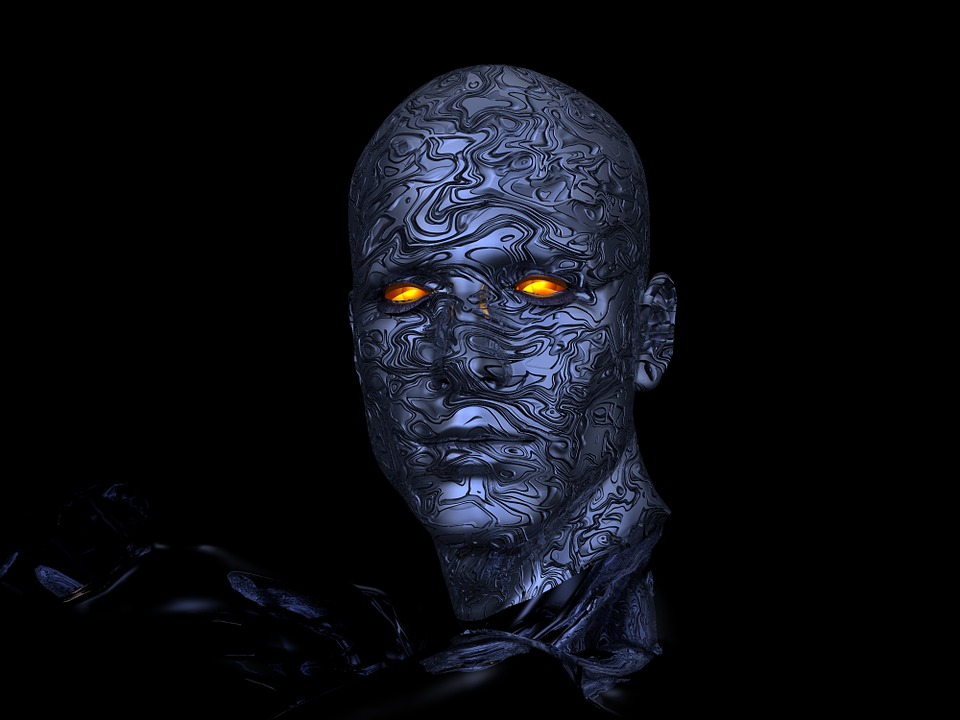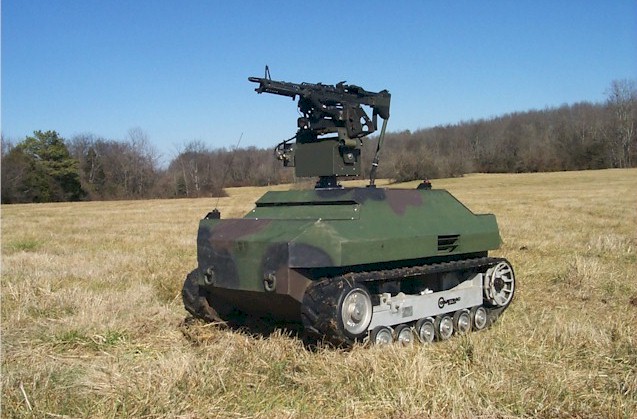An ambitious new program, funded by the federal government’s intelligence arm, aims to bring artificial intelligence more in line with our own mental powers. Three teams composed of neuroscientists and computer scientists will attempt to figure out how the brain performs these feats of visual identification, then make machines that do the same. “Today’s machine learning fails where humans excel,” said Jacob Vogelstein, who heads the program at the Intelligence Advanced Research Projects Activity (IARPA). “W
Source: Mapping the Brain to Build Better Machines | Quanta Magazine

